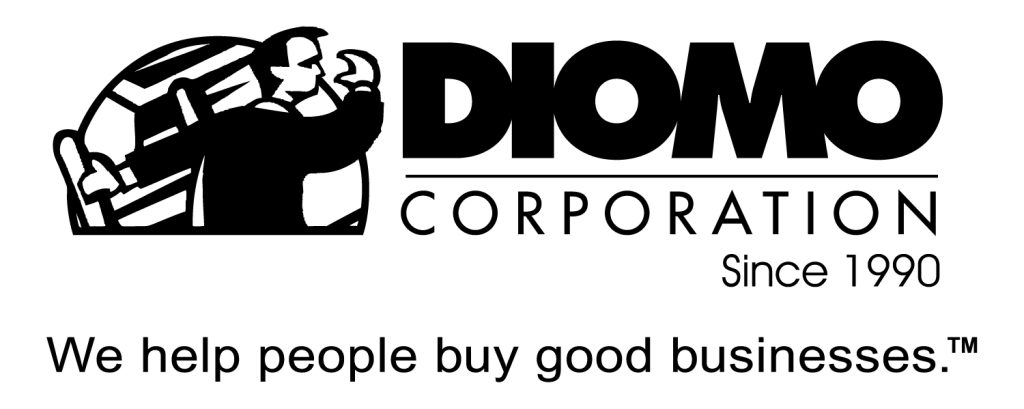It is often difficult in the early stages of reviewing a potential opportunity (especially for first-time business buyers) to really determine if it is a good business.
There may be so much information to digest in some cases that it becomes overwhelming, while with other listings, the complete lack of any comprehensive detail makes the task almost impossible.
Having purchased fourteen businesses, I have developed a regimented set of guidelines (‘The B.O.S.S. Theory’) that I follow that allows me to quickly access any opportunity.
While my rules may not be completely applicable to you, they will, nevertheless, provide you with an excellent idea of how to go about the review process.
Before going into the specifics, it is important that any buyer understands that you must divide your evaluation in two distinct compartments. The first is the undeniable data, or what I like to call the ‘deal facts’. These are all of the parts that are black and white.
For example, the financials of a business fall into this category.
Although there may be some discussion or debate regarding add-backs, numbers don’t lie. It is plain old mathematics. There’s no gray area, or shouldn’t be. Another example would be licensing: if the business requires a specific skill-related license that you must hold (i.e. engineering degree, general contractor license, etc.), or having a government license of sorts, then these are again black and white issues that are simple to evaluate.
The second compartment is actually the bigger issues that come into play in all of the gray areas where ‘The B.O.S.S. Theory’ can be helpful. When I look for a business, here’s what I want in place amongst the less than obvious attributes:
Bland and Basic – Means it’s easy to understand, learn and it ‘flies under the radar’ and is less vulnerable to mass competition.
Operationally Sound – Fundamentals in place (not a turnaround).
Sustainable – Barring something catastrophic, you can take it over and things will be status quo. No looming threats that could impact the historical financials.
Scalable – Identifiable growth opportunities.
Here are the more descriptive points of each:
Bland and Basic
This is especially important for first-time buyers. You need to get into a business you understand quickly and easily. If it’s too complicated to get your head around exactly what the business does and how it does it; it’s probably too complicated for you to run it. I am not a fancy guy. I like plain vanilla businesses. The more bland, basic, and un-sexy it is, the happier I am. These businesses generally attract less attention (competition and otherwise) and you can plod along with great results and effectively build them while nobody is looking. Further, they generally slip by the average business-buyer who tends to look for ‘hot’ industries or glamorous businesses. I have always subscribed to the notion that I don’t need the fame; I need the money.
Operationally Sound
One of the greatest aspects to buying a good existing business is that you will immediately benefit from having all of the necessary fundamentals in place. Ideally, you should get the keys on Monday and take a paycheck on Friday. With a good existing business, the infrastructure is in place. There are trained employees, functioning systems, reliable suppliers and a stable of customers. The phone will ring as soon you open the doors and the business is already humming. In other words, it is the complete opposite of a start-up and that is precisely what you want.
Sustainable
When you buy a good existing business, a great part of the allure is being able to count on the continuation of the past historical financial activity and profitability. That is exactly why the purchase price will be a multiple of that figure. You want to be certain that there are no known looming threats that can adversely impact the numbers. You want them to continue at least at the recent levels and definitely not decline.
Common examples that can influence the past financials can be customer concentration issues where a disproportionate amount of volume rests in the hands a few clients or a business that relies heavily on location to drive its revenues yet there is a short lease that cannot be extended.
In the former example, if one or two of the customers stop buying, the business can face a massive and potentially unrecoverable situation. Likewise with the premises, if you can’t continue to occupy a location long-term that drives customers through the door, you may be out of business very quickly after getting into it.
Scalable
While it is crucial to have a sustainable business model to build upon, you want to identify and exploit realistic growth opportunities. These are not the ‘pie-in-the sky’ ideas that many delusional business buyers imagine. You want to be satisfied that there are concrete initiatives you can take to grow. For example, opening up a second location, expanding the product line, or acquiring other complimentary businesses. These are real objectives.
Do not get lulled into believing all of the wonderful recommendations the seller presents that may make it seem easy to grow. They may suggest you hire more salespeople, attend trade shows, advertise more or other ‘brilliant’ ideas.
While some may be good, the truth is they have likely attempted most of these things or if they are so easy why haven’t they done it? It may very well be that growing the business is not as simple as they may articulate.

